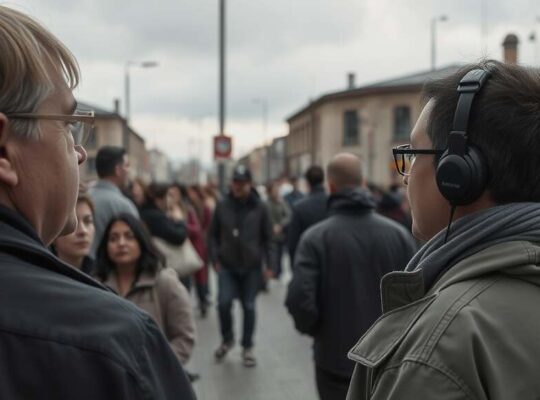According to data released Friday by the Federal Statistical Office (Destatis), the number of individuals receiving monthly benefits under the Federal Education Assistance Act (BAföG) in 2024 reached 612,800. This represents a decrease of 22,800 recipients, or four percent, compared to the previous year. This marks the lowest level of BAföG recipients since the year 2000, following slight increases in 2022 and 2023.
The average monthly BAföG benefit received in 2024 was €635, a decrease of €5 compared to the previous year. Federal expenditure on BAföG support fell by nine percent, equivalent to €316 million, to €3.1 billion.
The majority of BAföG recipients were students, accounting for 79 percent (483,800), while 21 percent were pupils (129,000). Students received an average monthly BAföG benefit of €657, compared to €539 for pupils. Individual benefit amounts are influenced by factors such as the type of educational institution attended, living arrangements (with parents or independently) and the income of the recipient and their parents.
The proportion of female BAföG recipients remained higher than that of male recipients, with women comprising 59 percent of the group. The majority of recipients, 67 percent, were under the age of 25 and a significant portion (71 percent) did not reside with their parents.
A new support instrument, “Studienstarthilfe” (Study Start-Up Assistance), was introduced in the winter semester of 2024/2025. This provides a one-time financial contribution of €1,000 to individuals starting their studies. The initiative is aimed at those under 25 who previously received certain social benefits and are embarking on their first degree program, regardless of their ongoing monthly BAföG eligibility.
In 2024, 10,700 individuals received Studienstarthilfe, with the federal government allocating €10.7 million for this program.
The basis for receiving Studienstarthilfe typically stemmed from prior receipt of benefits under SGB II (“Citizen’s Income”), which applied to 61 percent of Studienstarthilfe recipients. Twenty-one percent qualified based on prior receipt of child benefit supplement under the Federal Child Benefit Act, while 16 percent qualified through Wohngeld (housing benefit) support. Similar to BAföG recipients, the proportion of female Studienstarthilfe recipients (57 percent) exceeded that of male recipients (43 percent).












